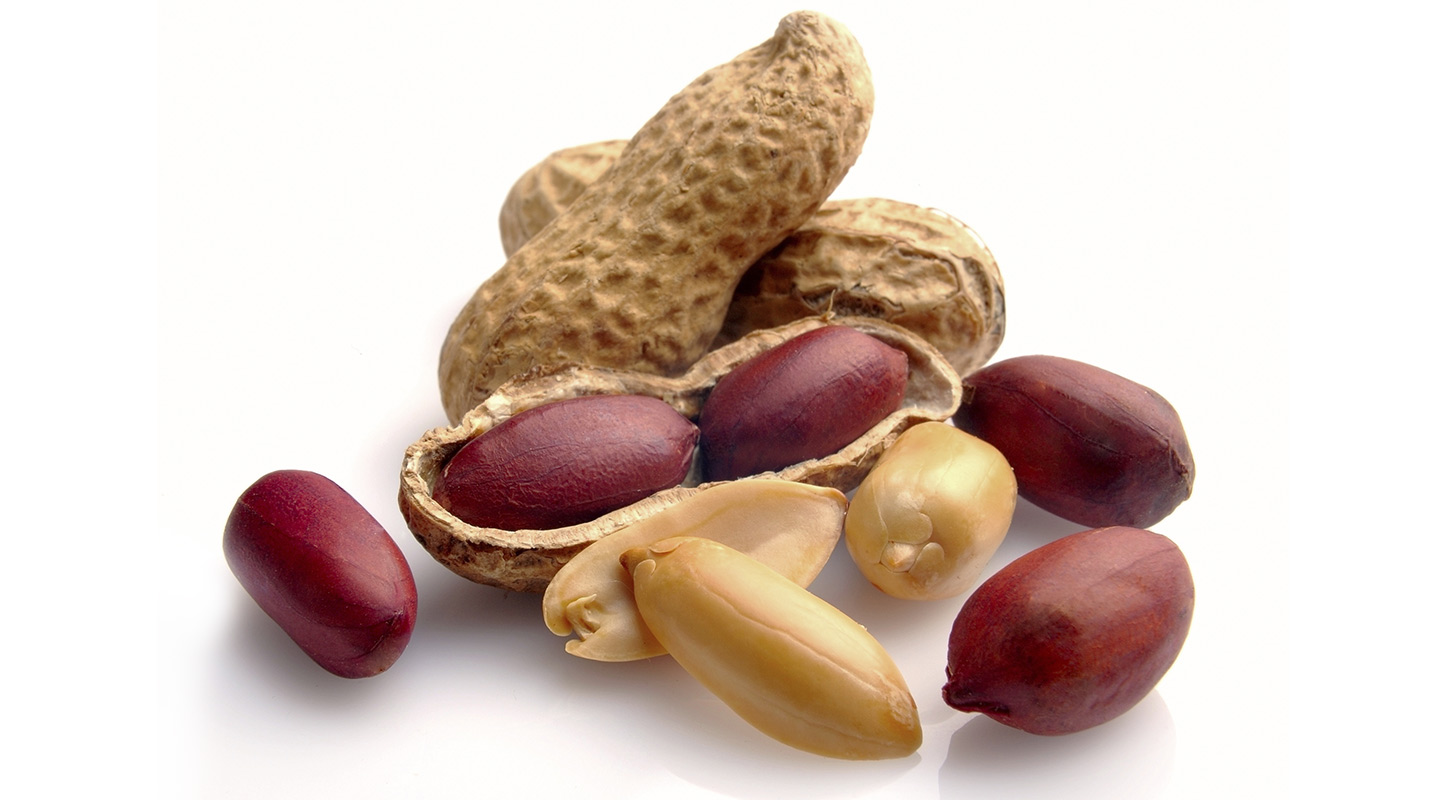New Study Suggests Different Approach to Treating Peanut Allergies in Children

Food allergies are a common issue that many people suffer from. Almost 90 percent of food allergies are caused by tree nuts, peanuts, eggs, shellfish, fish, milk, wheat, and soy. Of those allergies, between 0.6 and 1.0% of people suffer from a peanut allergy. These allergies range in severity from mild to extremely severe. Over the last 10 years, the amount of people who are allergic to peanuts has doubled.
In the past, the most common recommendation parents were given for preventing peanut allergies in their children was to avoid putting peanuts in their diet completely. However, a recent study published in The New England Journal of Medicine suggests that this may not be the best approach. New research is now showing that children who are fed small amounts of peanuts on a regular basis from their infancy are less likely to develop a peanut allergy than those who are not.
Results from this study showed that babies who were given peanuts on a regular basis for at least four years became 81% less likely to develop a peanut allergy than children who avoided peanuts completely. While this information is promising, it is important that any parents who want to try this method speak with their doctor first. If an allergic reaction does occur, having quick access to a doctor can help prevent any serious issues or death.
To find out more about the information in this study, read the full USA Today article here.
Visit baptistonline.org for more information about our services, or find a physician by visiting our Find a Doctor page.
